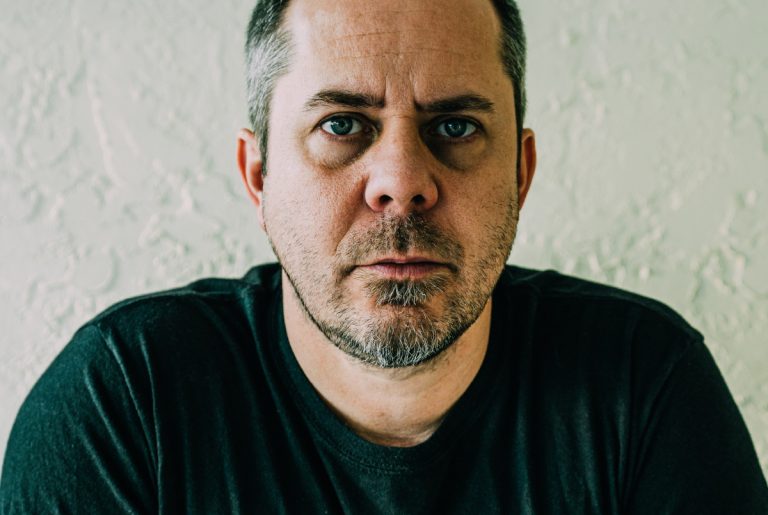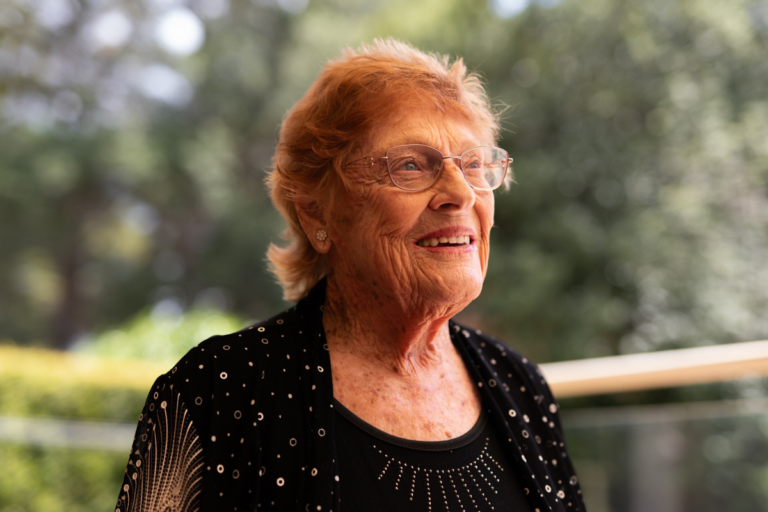Going through a divorce or separation is one of the most stressful life events someone can experience. In fact, on the Holmes and Rahe Stress Scale they’re respectively ranked at #2 and #3.
Depending on the person, how they manage and respond to a break-up is completely unique – some might seem to move comparatively quickly to embrace a new future, while others can find themselves deeply emotionally impacted by what’s happening for a much longer period.
The trauma that relationship breakdowns cause has been further uncovered in new Australian research published earlier this year. Over nine years, researchers interviewed over 14,000 men, which found that men experienced a shocking increase in suicidal ideation after separating from a partner.
The findings add to deeply concerning statistics surrounding men’s mental health: three-quarters of people who suicide in Australia are men – three times more than women, men are less likely to seek help for their mental health challenges, and more men report feeling lonely.
Of course, this isn’t to say women and non-binary people don’t face their own struggles after a break-up or dealing with loneliness. However, we recognise that men have their individual challenges and are in dire need of specialised support. This is important to call out, as many might think that compared to women, men handle emotional events more pragmatically.
The impact of break-ups on men
To better understand why men’s mental health can be so negatively affected after separation, we spoke to Andrew King – one of our Practice Specialists at Relationships Australia NSW, who’s devoted decades of his career to supporting men and fathers.
According to Andrew, a lot of men prioritise and seek total fulfilment from their romantic relationships, isolating themselves from friends and peers.
“In mid-life, men typically rely on their female partners for emotional support,” Andrew explains.
“Women often help men recognise their distress, offer care, and encourage them to seek help. While men’s social connections can shrink as they age, women often maintain a broader network of close same-sex relationships throughout their lives.”

This was backed up in a 2022 report, which found men were more likely than women to nominate their partner as the most important relationship in their life.
Men’s loneliness after a break-up can be further exacerbated by losing relationships they had thanks to their partner.
“Many of men’s friendships are joint connections with their partner’s friendships, so when separation occurs, often the friends choose to remain loyal to either the man or their partner – not both.”
The role of work and friendships
Beyond their romantic relationships, men can spend less time nurturing other connections, which compounds to their loneliness if a relationship ends.
Statistically, men devote more time to paid work and can foster a good network of acquaintances. Work often makes them feel busy and the social connection they gain through their colleagues will often be fulfilling enough.
However, after retirement, a job change or loss, or a major personal event, it can illuminate that those acquaintances were quite role specific and don’t translate beyond that, leading to a social vacuum.
Additionally, in their friendship circles, men can also experience challenges forming deeper bonds with each other. Andrew notes that male friendships often centre around shared, passive activities, so they cope with stress through doing rather than conversation.
“Therefore, the quality of these relationships may be more associations compared to strong friendships, and this leads to greater feelings of isolation.”
The importance of getting help
Following a break-up, men can experience feelings of shame, guilt and frustration, contributing to thoughts of self-harm.
During this time, it’s critical than men have access to professional support that can meaningfully engage with them and create connections.
At Relationships Australia NSW, we offer individual counselling, as well as groupwork programs where people can share with others going through similar experiences.
In addition, our Family Advocacy and Support Service (FASS) assists men who are navigating the Family Court system in cases of domestic and family violence.
Matthew, FASS Team Leader, says that a relationship ending or not seeing children can be a breaking point.
“Men are not always good at coping with trauma and loss, sometimes turning to alcohol and other drugs as a crutch. These coping methods cause more issues for the relationships and escalate the risk factors for all involved.”
In his experience, Matthew says some men can turn to the internet or online threads to “justify or minimise” their actions, instead of considering their involvement in the problems.
“Our FASS workers provide a much healthier alternative, offering support through education, goal development, and referrals to community services and Legal Aid.”
How men can grow connections
In partnership with professional support, there are small steps people can take every day to foster their relationships – or even make new ones. Here’s some of Andrew’s tips:
- Understand the difference between being lonely and being alone: Being alone refers to the physical absence of others, while loneliness is about how you feel emotionally in relation to others. It’s possible to be alone without feeling lonely, just as it’s possible to be surrounded by people and still feel lonely.
- Review your connections: Look at your contacts and reflect on which friendships or family relationships you’d like to nurture. Think about who you know or connect with outside of work contacts. Take the initiative to reach out to those people and arrange a time to meet. Men often wait for others to initiate these connections, but it can be empowering to make the first move – it often means more to people than you might think.
- Have regular check-ins: Meaningful conversations often happen over a cup of coffee or during a walk together, but don’t discount long phone or video calls (as long as everyone’s focused and engaged).
- As a separated man, identify a support person(s): Find someone who can help you through this challenging time, but avoid turning to your lawyer for this emotional support. If you don’t immediately have someone, choose an experienced counsellor to bridge this divide as an interim measure.
- If you have children, try to connect with them in different ways: If you have less contact with your children, consider writing a journal or an ongoing letter to them expressing your feelings about your relationship and what it means to be their dad. Keep the tone respectful of the other parent, as they will likely read it later and appreciate it more if it doesn’t create division.
- Find shared interests: Men often bond over activities rather than deep conversations. If this is the case for you, try finding something that you can do with your friends, like hiking, instead of passive hangouts like watching sports or gaming.
We’re here to help. For ongoing mental health support, you can learn more about our individual counselling services. If you are navigating the family court legal system, our FASS team might be able to help you.
If you need crisis support, please call Lifeline on 13 11 14.
Related Services & Workshops

Mediation.Individuals.Divorce + Separation
Family Dispute Resolution and Mediation
Going through separation or divorce is often emotional and difficult, and it’s normal to feel overwhelmed. To help you through, we offer affordable Family Dispute Resolution services, also known as family mediation, throughout NSW.

Counselling.Individuals.Older People.LGBTQIA+
Individual Counselling
Life can be full of ups and downs. While we may be able to overcome most challenges by ourselves, sometimes we need some extra support. Individual Counselling offers a supportive environment to identify and manage problems and concerns.

Tailored Services.Individuals.Domestic Violence
Family Advocacy and Support Service
The Family Advocacy and Support Service (FASS) is a free service which supports men going through the Family Court system in cases of domestic and family violence. By offering aid to both perpetrators and victims, we aim to encourage long term positive behaviour change.






